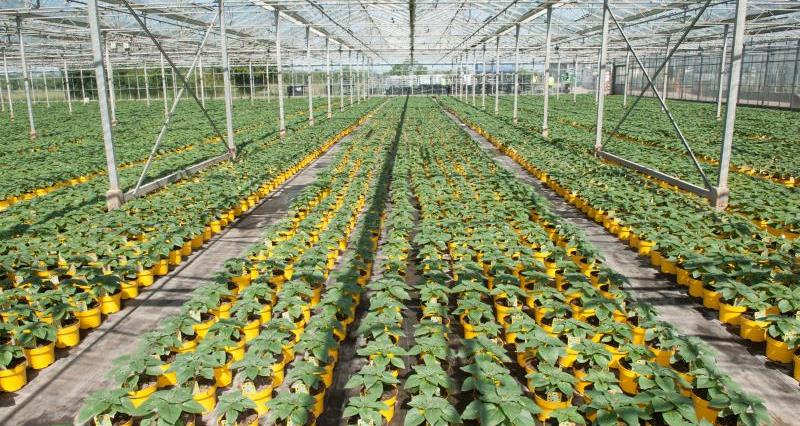New Plant Health Regulation – what does it mean for you?
First published16 February 2020

New Plant Health Regulation came into force on 14 December 2019. This requires significant changes to the plant passporting of some horticultural products intended for planting, with an aim to increase biosecurity and protection from plant pests.
Ask us a question about this page
Once you have submitted your query someone from NFU CallFirst will contact you. If needed, your query will then be passed to the appropriate NFU policy team.